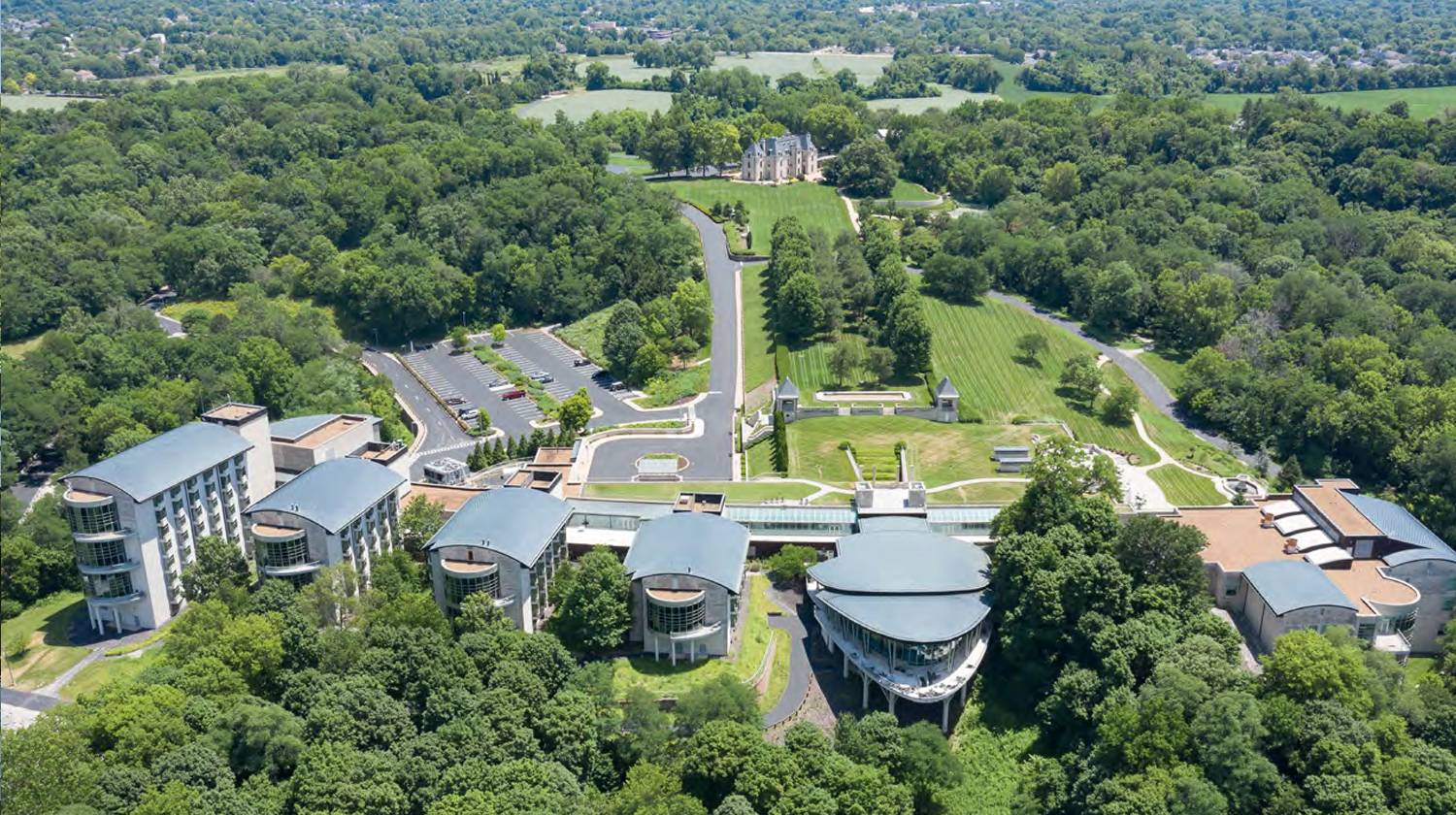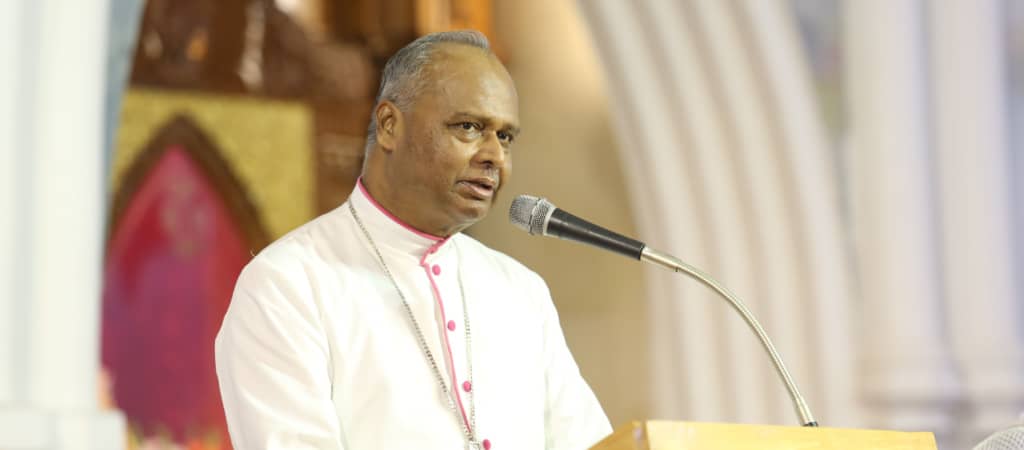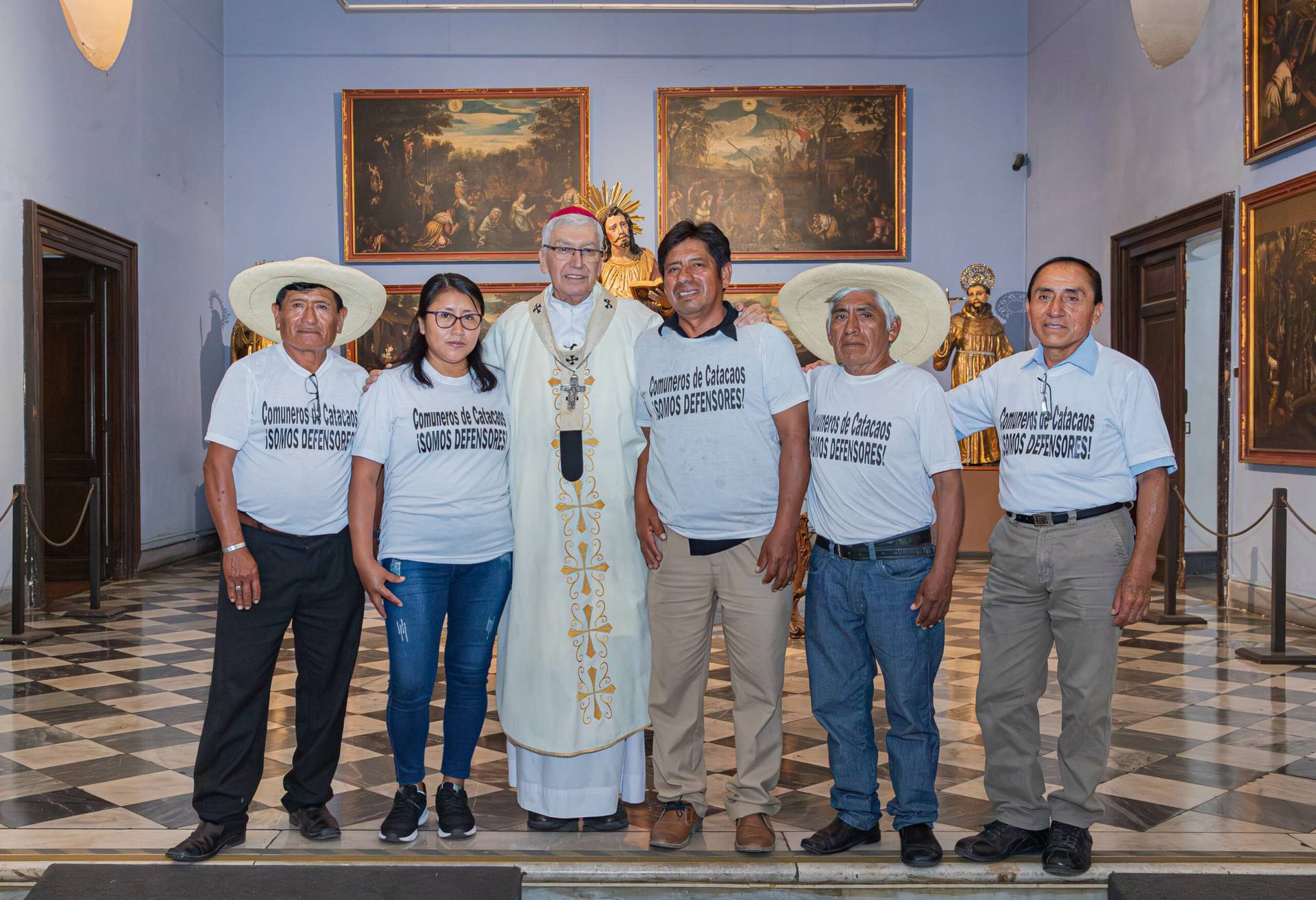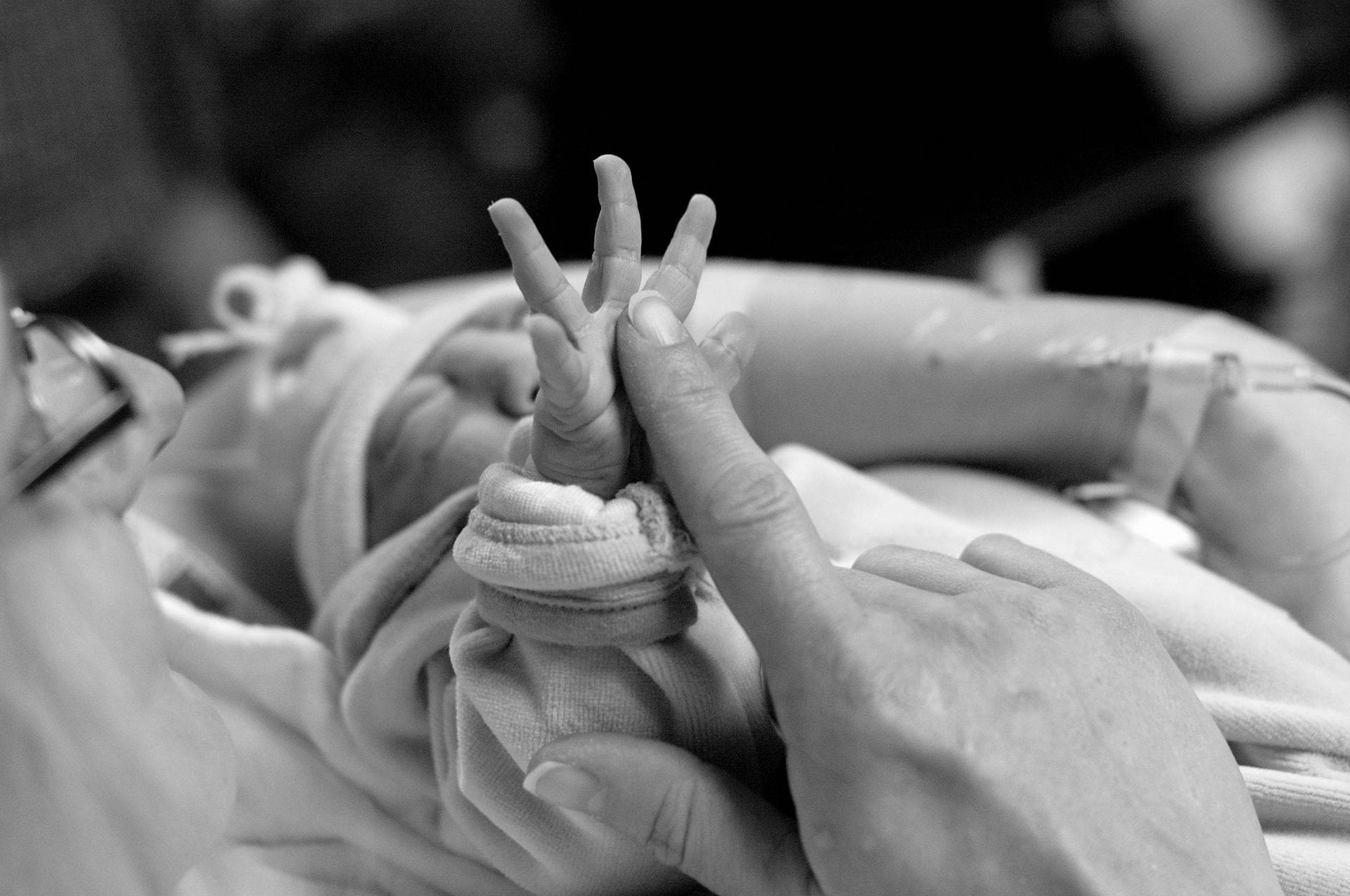ROME — Pope Francis offered up a prayer Sunday for his forthcoming encyclical letter on the environment, asking God’s blessing so that “everyone can receive its message.” Judging by the climate before the document even appears, however, achieving that prayer may take a miracle.
In one sign of ferment, the Italian magazine l’Espresso on Monday posted a draft version of Laudato Si, the title of the encyclical, three days before its official Thursday release date. The Vatican called the leak “heinous” and suspended the press credentials of the reporter, veteran Vatican watcher Sandro Magister. The head of the German-speaking department of Vatican Radio called it “sabotage” by someone who wants to undermine the pope’s message.
If it was, indeed, an attempt to undermine the encyclical, “l’Espresso” would not be the first one out of the gate.
Former US senator and Republican presidential hopeful Rick Santorum, for instance, is a devout Catholic who has said he loves the pope, but has also called global warming a “hoax” and the research underlying findings of climate change “junk science”.
In a recent interview, Santorum advised Francis to “leave science to the scientists” and focus instead on theology and morality. The suggestion was that the pontiff, who studied chemistry as a student, has no business pronouncing on something that exceeds his competence. (This comment was the impetus for an Internet meme that claimed Pope Francis holds a master’s degree in chemistry, later debunked.)
Another climate change skeptic, US Sen. James Inhofe of Oklahoma, chairman of the Senate’s committee on the environment, told a like-minded audience last week, “The pope ought to stay with his job, and we’ll stay with ours.” He continued, “I am not going to talk about the pope. Let him run his shop, and we’ll run ours.”
To be sure, there’s tremendous excitement in other quarters about the encyclical. Already the document has prompted global rallies and publicity campaigns, including a Hollywood-esque trailer titled “The Encyclical” that’s gone viral on the Web.
It’s also inspired American Rabbi Arthur Waskow to write “A Rabbinic Letter on the Climate Crisis,” addressed “to all the Jewish People, to all the communities of spirit, and to the world.”
Even the Buddhist leader Dalai Lama jumped on the bandwagon, sending out a message to his 11.2 million Twitter followers on Monday:
Since climate change and the global economy now affect us all, we have to develop a sense of the oneness of humanity.
— Dalai Lama (@DalaiLama) June 15, 2015
Although there was no reference to Laudato Si or the pontiff in the tweet, this was the first time in more than a year that the Dali Lama referred to environmental issues.
Even those most enthusiastic, however, concede that the encyclical letter is likely to stir a hornet’s nest of controversy.
Cardinal Oscar Rodríguez Maradiaga of Honduras, who says he’s already read the encyclical, described it as “delightful text” that will put “a finger on the pulse” on issues such as the “responsibility of large corporations in the punishment they’re inflicting on the planet.”
Rodriguez heads a council of nine cardinals that advises the pope. Speaking in Spain on June 12, he said the encyclical will be “a great shock” that will make everyone think. Local papers reported he “laughed” at those who are attacking the document before they’ve even read it.
Nonetheless, Rodríguez acknowledged that it’s bound to generate criticism. He even cited specific places where that blowback is likely to originate, citing the United States and China as “the most environmentally damaging countries.”
Speaking in Rome last month, the cardinal blasted “movements in the United States” hostile to the pontiff’s environmental stance.
“The ideology surrounding environmental issues is too tied to a capitalism that doesn’t want to stop ruining the environment because they don’t want to give up their profits,” Rodríguez said.
One of those groups, the Chicago-based Heartland Institute, told Crux in an e-mail that they “will be reaching out to hundreds of thousands of Catholics with our opinion about the pope’s encyclical — contacts we have gathered since our trip to Rome in April,” referring to their protest of a Vatican conference about fighting climate change.
Bill Patenaude, a lecturer in theology at Providence College and a veteran official with Rhode Island’s Department of Environmental Management, forecast that the secular left may be just as nervous as the pro-business right when its partisans get around to actually reading the document.
“The environmental movement has been led by the left, often the very progressive left, for decades,” Patenaude told Crux, saying it’s “no wonder” many conservatives think the liberal version of ecology is the only one.
“This is not the case, as St. John Paul II, Benedict XVI and now Francis are telling us,” Patenaude said, predicting that Laudato Si will challenge impressions of environmentalism as a classically “leftist” cause.
To some extent, the political tug-of-war over the encyclical is understandable, given that Francis himself has said he wants it to have real-world policy implications.
Earlier this year, he said he wanted to see it published before a UN-sponsored agreement on Sustainable Development Goals and a UN summit on climate change in Paris later this year.
According to a Church source familiar with the document, the great novelty is that “it comes from a shepherd who’s thinking of all those who are his.”
The source, who asked not to be named because he is not authorized to discuss the encyclical, said Francis is seeking “a more integral ecology that’s all-inclusive and comprehensive.”
The idea, the source said, is that everyone – from someone passionate about the trees or drinkable water, to ordinary people living in ordinary neighborhoods, to someone who works on ecological policy issues in New York or Washington – should feel “called to action.”
No one, the source said, should feel exempt from the pope’s indictment.
“No one should be able to say, ‘I have a clean conscience because it’s not addressed to me’,” he said.
For Patenaude, the main political result of the letter may be to upset expectations of who can claim a “win” from it.
“Many of our conservative friends know they are going to be challenged by Laudato Si,” he said. “I don’t think many on the other side of the aisle are expecting to be challenged — but they will be.”
One such figure could be US Sen. Edward J. Markey, Democrat of Massachusetts and co-chairman of the Senate Climate Clearinghouse.
On Monday, after reports over the leaked draft appeared, Markey released a statement saying they reflect what the pontiff has said in the past: “That humanity has caused climate change, and we must take action now to address it.”
“I look forward to reading Pope Francis’s encyclical in full when it is officially released, and welcome this call to action to address the generational challenge of climate change,” Markey’s statement said.
Yet with Markey’s strong pro-choice voting record, he may not be quite as delighted with paragraph 120 of the encyclical – which, if the leaked version is correct, asserts that defense of nature is no justification for abortion.
(No spoiler alert is required for that one, since Pope Francis already has condemned abortion as a “horrific” practice.)
As Patenaude put it, the document will “shock, delight, and challenge” just about everyone.
Crux national reporter Michael O’Loughlin contributed to this report.













